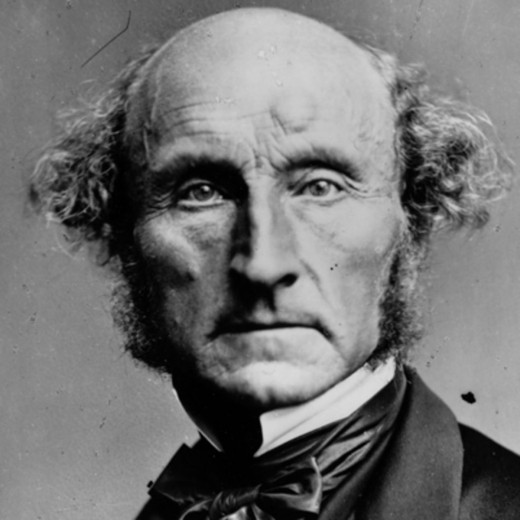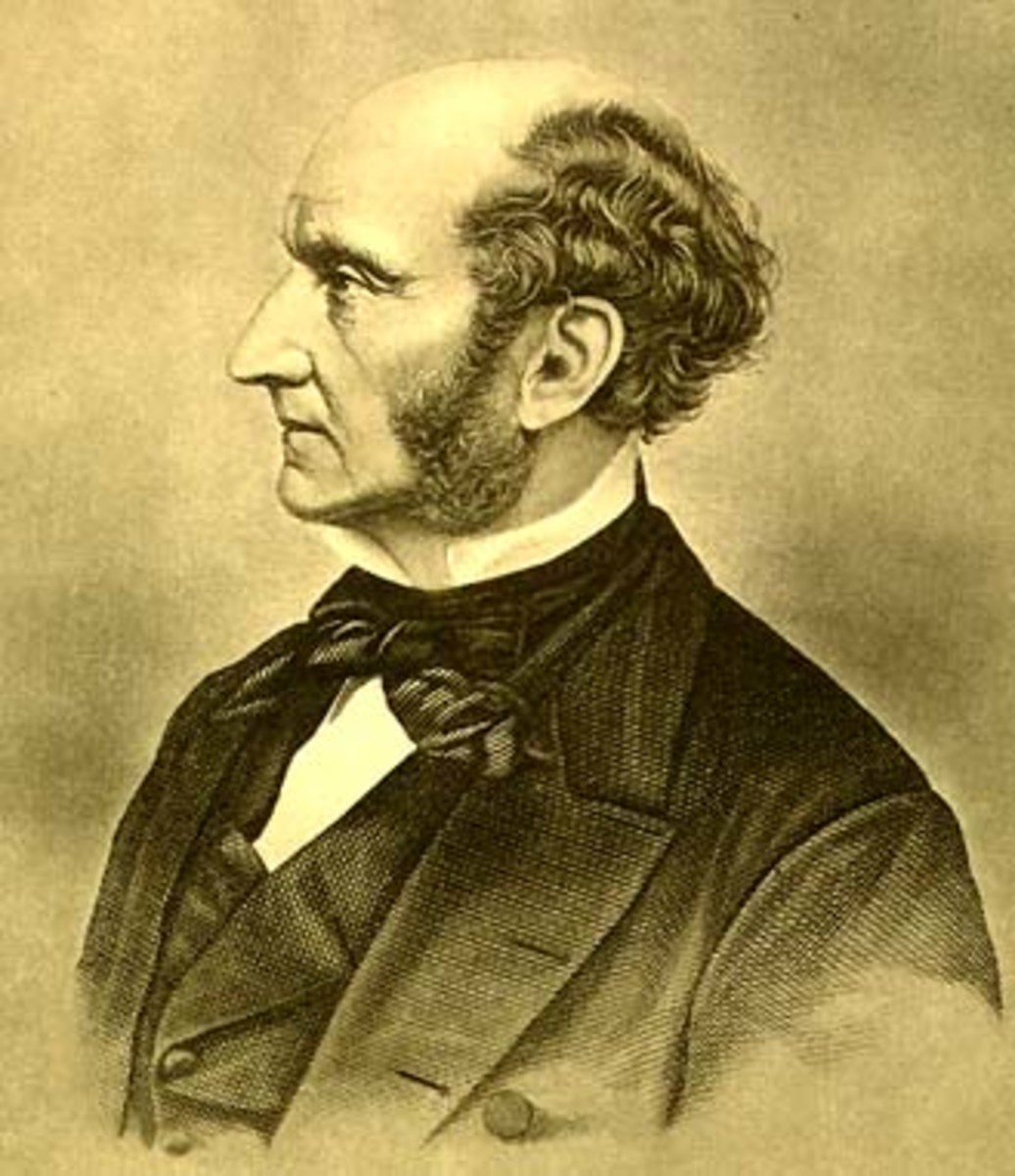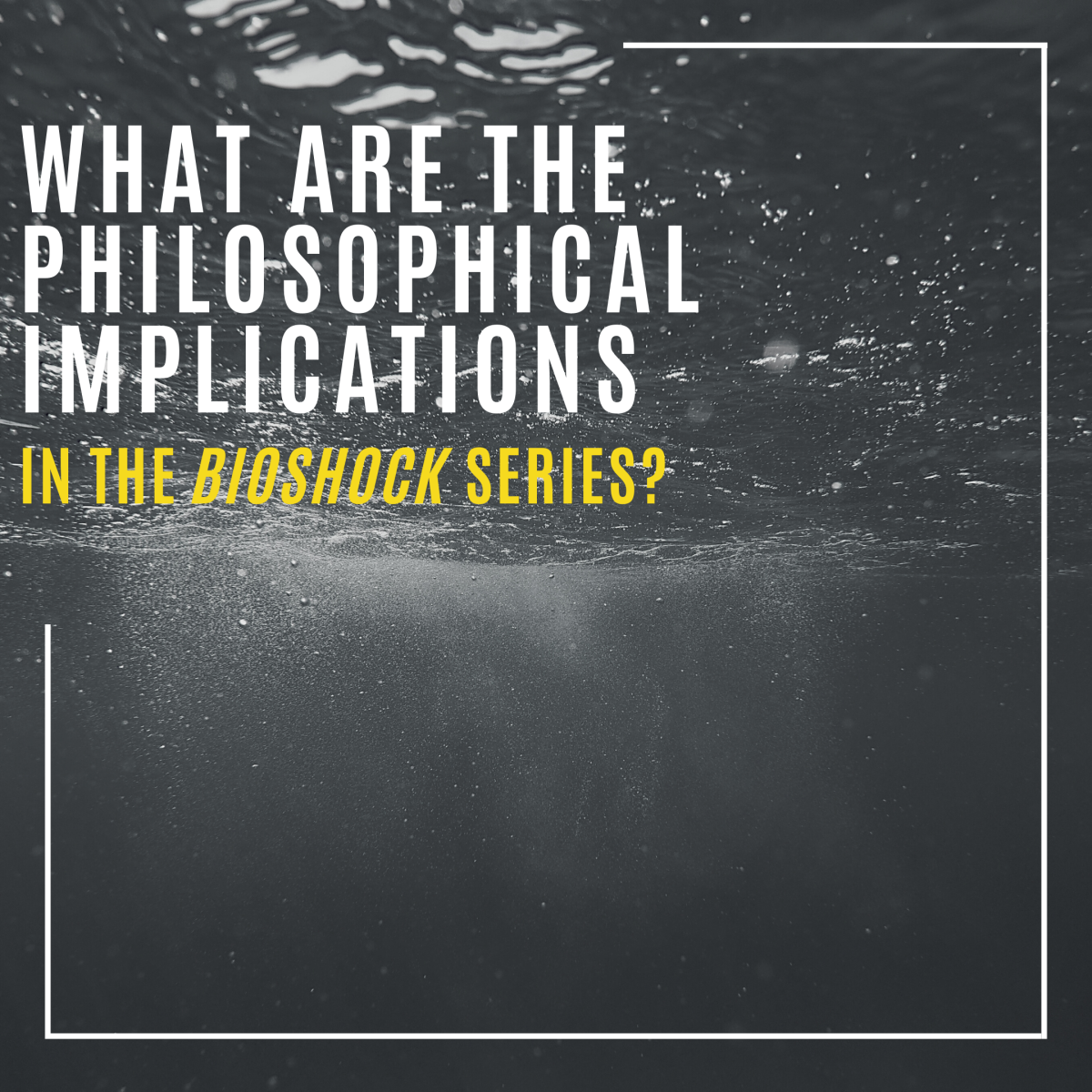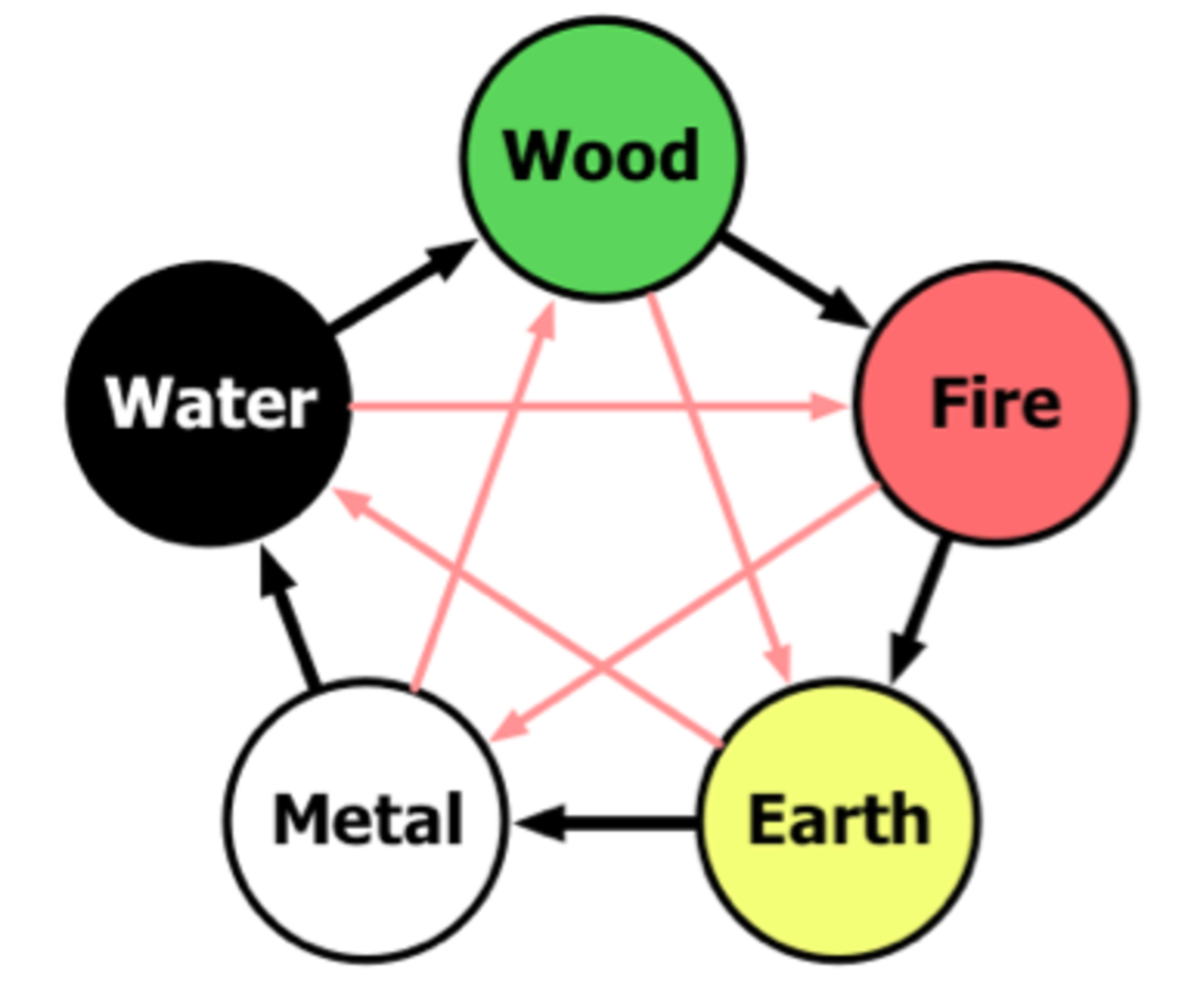Deontology, Utilitarianism and Care Ethics by Derek Robert Cherven

Utilitarianism & Care Ethics
Throughout the semester we have studied several ethical theories that ranged from relativism to ethics of care. During this time, I have identified with three theories in particular: Deontology, Utilitarianism, and Care Ethics. Although I was initially drawn toward Immanual Kant and his deontological philosophies, I have come to the realization that my underlying principles are more inline with Peter Singer, John Stuart Mill (Utilitarianism) and Annette Baier (Care Ethics). In this paper, I will discuss how my growth and increased depth of the material eventually persuaded my conclusions.
At a first glance, it would be easy to assume that my moral compass would be aligned with deontology because of its duty-based principles. This would hold especially true if you learned that I was a police officer, and a U.S. Marine for the majority of my adulthood. In my home, it was expected of me to serve my country and eventually become a public servant. My mother was a registered nurse at the VA Hospital. My father and older brother were state troopers. During the Vietnam era, my father served in the Army as a military police officer. My grandfathers served in the Army and the Coast Guard during World War II. I grew up in an extremely conservative household that derived its philosophical principles from the Catholic Church and deontology. When I heard the words of John Rawls and Immanual Kant, it was no surprise that their words brought a resounding wave of emotion and nostalgia over me. After all, my entire childhood revolved around some of their basic principles.
My underlying utilitarian beliefs were discovered when learning about utility's view on punishment and rehabilitation for criminal offenders. Their justification is that rehabilitation encourages the offender to make strides in improving their character so they will be less likely to re-offend, and hopefully become a productive member of society. [1] My career as a police officer came to an end after I was injured while apprehending gunman who broke into my house. On the day in question, I returned home and caught the suspect in the middle of the armed robbery. As a result, I was injured while subduing the man. In exchange for a plea-agreement, the 22-year-old defendant pleaded guilty to the charges. Prior to his sentencing, the judge asked me to give a victim witness statement. I spoke at length about how the crime had negatively impacted my family, my career and me. I noted that his drug addiction was apparently the root-cause of his actions. I reminded the court that the defendant would still be in his thirties when he was released from prison. In the eyes of society, he would still be considered a “young man”. Because of this, I asked the court to consider reducing the amount prison time in exchange for intensive rehabilitation. I concluded with something along the line, “he is a young man… with some hard-work and rehabilitation, he can still become a productive member of society.” The judge added a provision to the sentence, which stated that if he completes two years of rehabilitation, he would then become eligible for early parole. As this scenario suggests, I have always been a utilitarian and I didn’t even know it.
Another ethical philosophy that I identified with is ethics of care. I discovered this after reading Annette Baier’s, “The Need for More than Justice”. Baier provides the reader with the disclaimer, “there is little disagreement that justice is a social value of very great importance, and injustice an evil.” [2] In her article, Baier argues that justice alone is an inadequate moral theory because it fails to recognize differences between people. She argues that Kantians have an unrealistic view of what freedom of choice is. She also makes the argument that duty ignores the importance of emotions such as love. According to Baier, the best moral theory is one that harmonizes justice and care. With that, I am reminded of my victim witness statement, which suggested that punishment and rehabilitation would be the best for the defendant, our society, and the people that I care about who live in this society. My decision to show mercy was not for his best interests, but rather the interests of society, and the people I care about. Care ethics is committed to the parties of the problem; if rehabilitation can been seen as sense of utility, and my suggestion to provision the punishment can be seen as a sense of care, then it makes perfect sense why utility and care ethics pair nicely together.
In conclusion, I have learned that utility and care align more than duty and utility. There people who argue with me by saying that utility is the swine theory because it equates happiness with pleasure. What they fail to recognize is that pleasure varies not only in quantity, as Jeremy Bentham thought, but also in quality. [3] John Stuart Mill offers an alternative to the swine theory that suggests “pleasure” includes things such as the pursuit of knowledge, the creation of art, the writing of music and literature. There is nothing brutish or swine about those pleasures. Peter Singer is a utilitarian who once said that, “the greatest good should be done for the greatest number of people”. The bombing of Hiroshima and Nagaski, as horrific as they were, are perfect examples of the United States using the utility theory to protect its society. Had we not ended the war by dropping the atomic bombs, there is no doubt that WWII would have raged on and claimed far more lives than those lost in the two bombings. In regards to care ethics, we have learned that this philosophy is committed to the parties of the problem. After examining recent life events, I now see that many of my decisions have been with a sense of compassionate utility. In the past, I may have considered myself a duty-based person, however, the transformation of my principles over the last several years has put me inline with the utility and care philosophies of Mill, Singer, Baier and Gilligan.
Works Cited
[1] Murtagh, Kevin. "Internet Encyclopedia of Philosophy." Utilitarianism: Punishment. Internet Encyclopedia of Philosophy, n.d. Web. 07 Dec. 2015. <http://www.iep.utm.edu/punishme/>.
[2] Baier, Annette. “The Need for More than Justice.” Canadian Journal of Philosophy. Supplementary vol 13, Marshal Hanen and Kai Nielsen (Eds.) (Calgary: University of Calgary Press, 1988): 41-56. Reprinted with permission of the author and the publisher.
[3] Driver, Julia. "The History of Utilitarianism." Stanford University. Stanford University, 27 Mar. 2009. Web. 07 Dec. 2015. <http://plato.stanford.edu/entries/utilitarianism-history/>.








